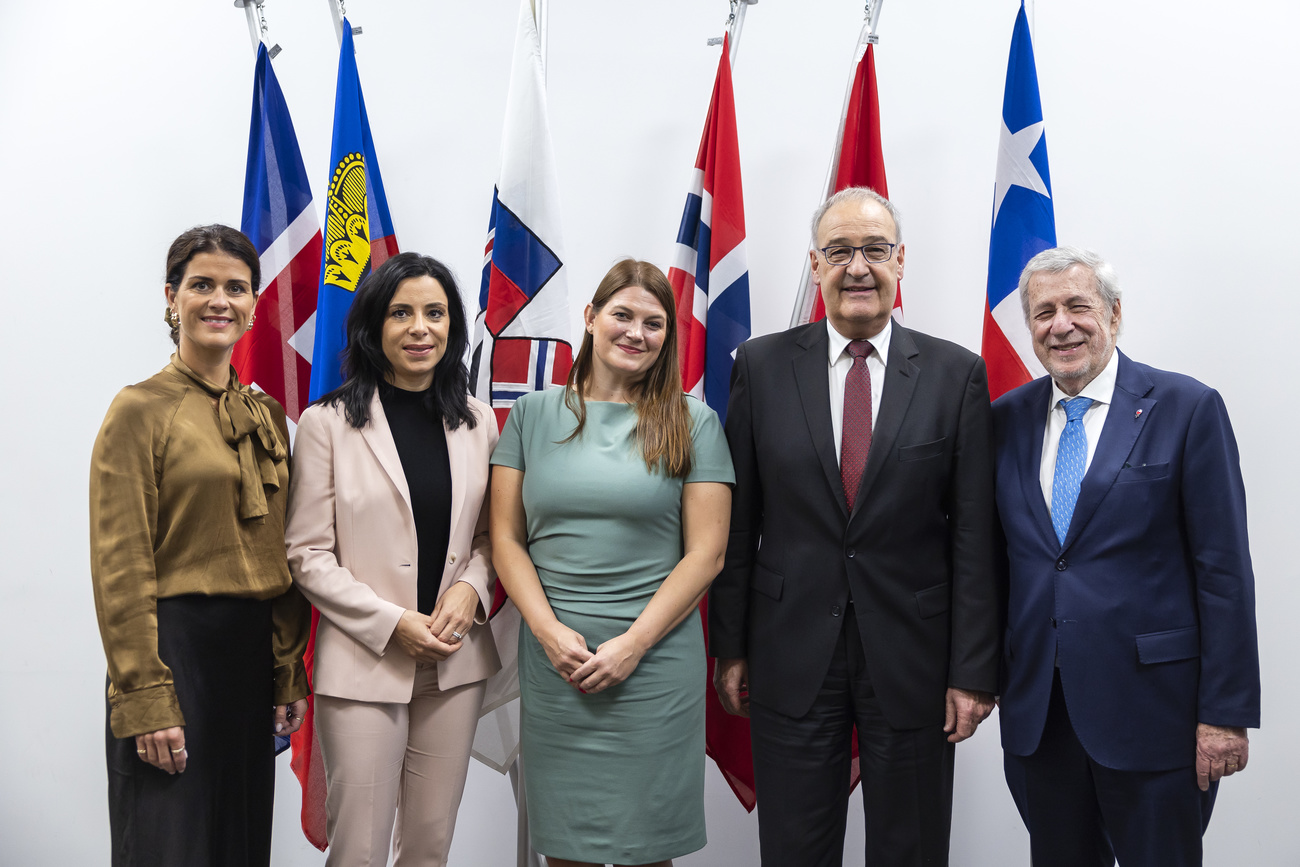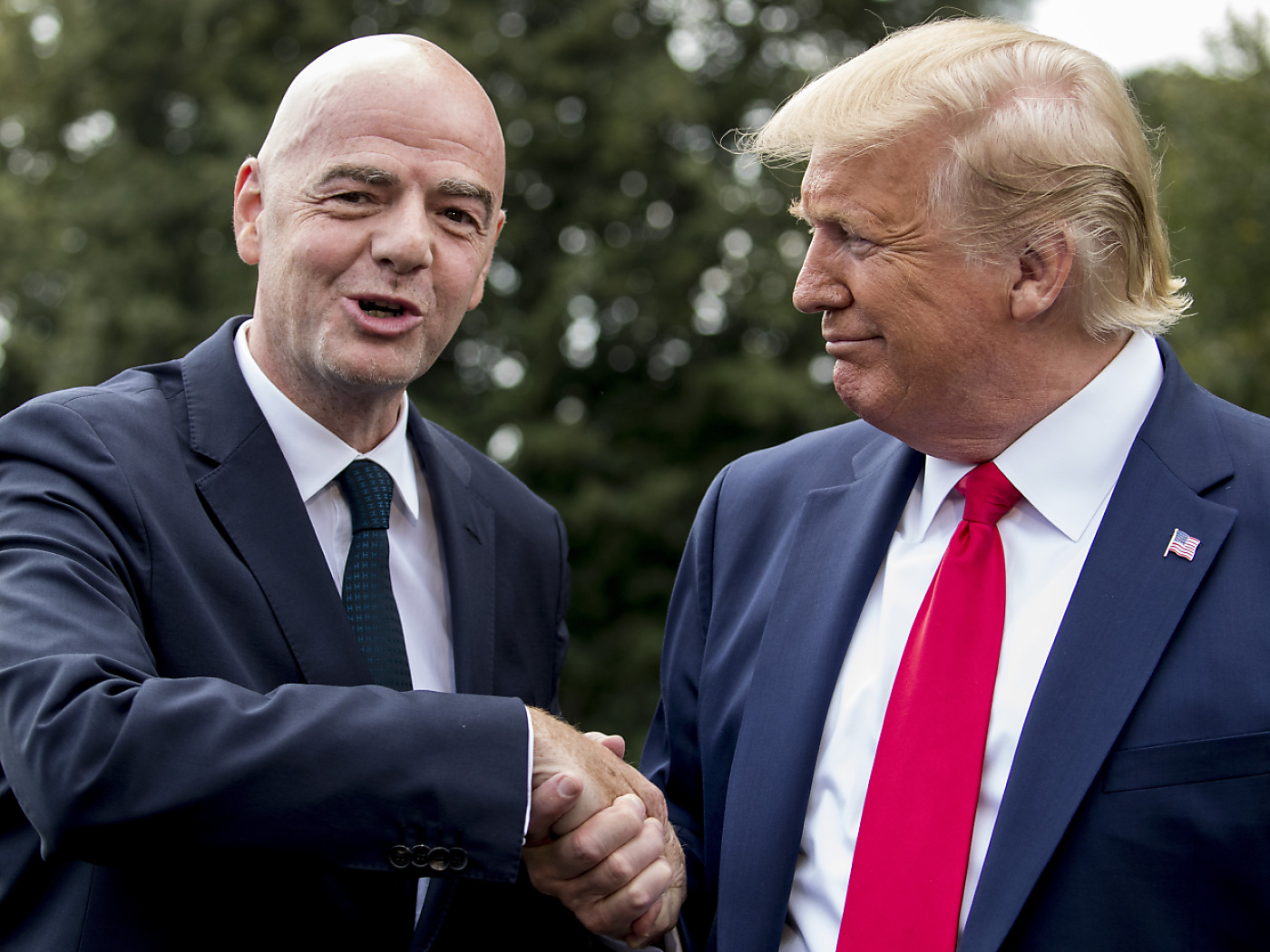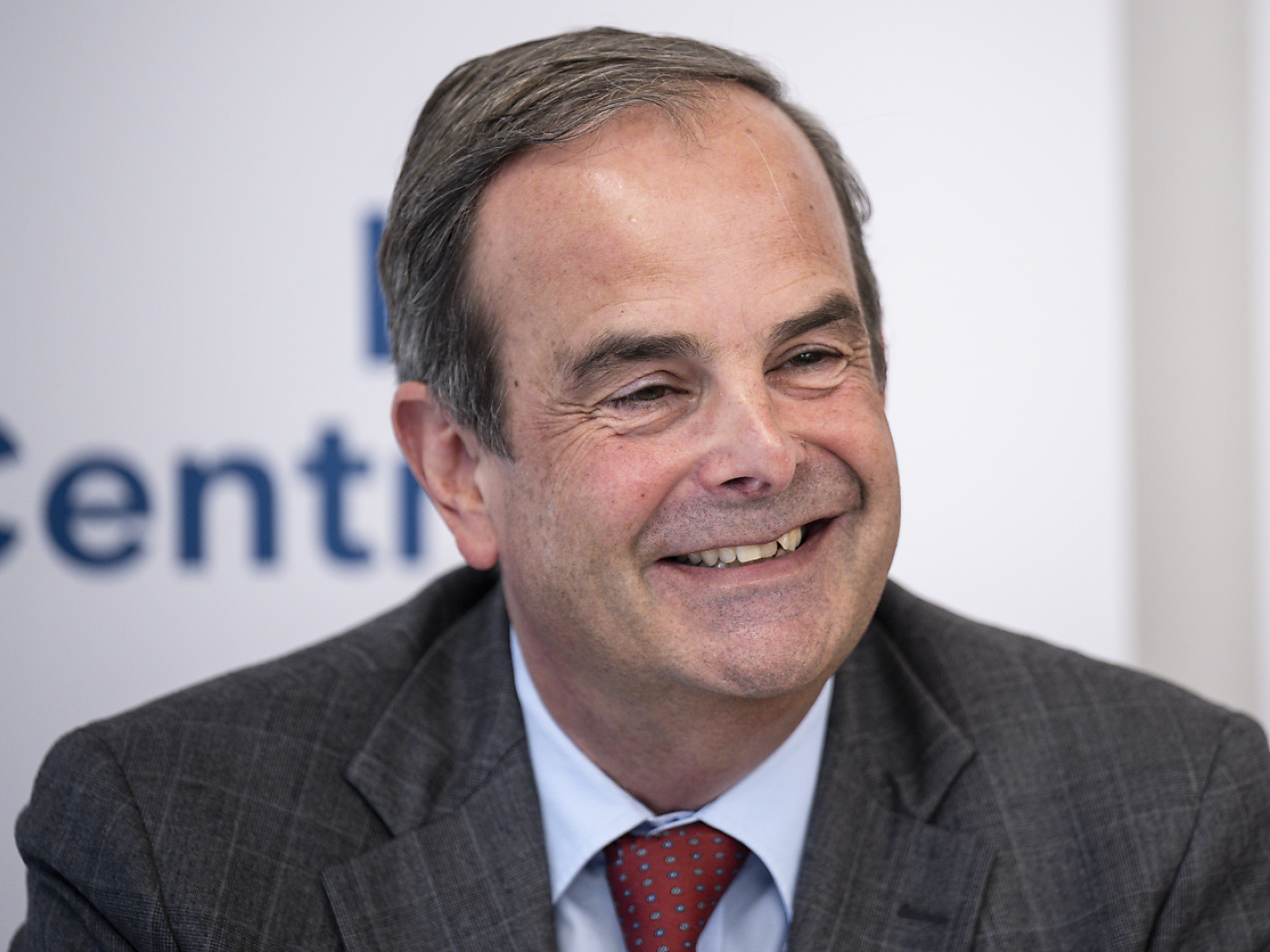EFTA signs revised free trade agreement with Chile

The European Free Trade Association (EFTA), which includes Switzerland, signed a revised free trade agreement with Chile on Monday. Swiss Economics Minister Guy Parmelin also expressed caution about ongoing talks with the Latin American Mercosur trade bloc and "relative optimism" about trade deal negotiations with China.
Check out our selection of newsletters. Subscribe here.
The revised agreement with Chile was signed at a ministerial meeting of EFTA states (Switzerland, Liechtenstein, Iceland and Norway) in Geneva on Monday. Switzerland is the current chair.
Parmelin told reporters that he was confident about the improvement of business opportunities, market access and the legal framework with Chile.
Negotiations were concluded last January after five years. Compared to the first agreement 20 years ago, components on sustainable development, financial arrangements, small and medium sized enterprises (SMEs) and e-commerce have been added.
+ EFTA updates free trade agreement with Chile
Improved competitiveness
The new agreement will improve exports and the competitiveness of SMEs, which make up more than 90% of the volume of business in Switzerland, the economics minister told the Keystone-SDA news agency.
+ Switzerland signs free trade deal with India
In recent free trade deals, the focus has mostly been on pharmaceuticals and multinationals. However, since the signing of the agreement with India a few months ago, SMEs have become more of an issue, noted Parmelin.
+ Explainer: Will the India-EFTA pact be a ‘game-changer’?
From now on, 99.99% of Swiss exports to Chile will be exempt from customs duties. All intellectual property rights will also be applied. Total trade of goods between EFTA and Chile is estimated to have reached nearly CHF1 billion ($1.12 billion) in 2023.
Negotiations with Mercosur
Chile’s Minister of Foreign Affairs, Alberto van Klaveren, pointed out that the link with EFTA was a very important part of his country’s policy with Europe. It comes a few months after a similar arrangement with the European Union.
He said there had been no obligation to sign the agreement with Switzerland and the three partners ahead of a possible similar agreement between EFTA and the South American trade bloc, known as Mercosur. “We would very much welcome an agreement between Mercosur and the EU, as well as between Mercosur and EFTA,” he said.
Parmelin also sees no direct link between the EFTA-Chile agreement signed on Monday and the more difficult negotiations with Mercosur. These talks were relaunched at the end of April after a five-year break due to the coronavirus pandemic and the political situation in South America. According to other sources, the dialogue is not good.
More difficult dialogue with Lula
Former Argentinian President Alberto Fernandez dragged out talks for months. And while Argentina is now more favourable to negotiations, current Brazilian President Luiz Inazio Lula da Silva has new demands.
“There was a window of opportunity,” said Parmelin. A few months ago, he was not ruling out the possibility of an agreement this year, but he is even more cautious now. “There are intellectual property issues on which Brazil has brought back to the negotiating table, although they had already been settled in 2019,” he said.
Other issues such as public procurement are also under discussion. “I prefer us to take things one step at a time,” insisted the Swiss minister. No date has yet been set for the next round of negotiations, according to the same sources.
Parmelin expected in China
On the other hand, Parmelin is “relatively optimistic” about the discussions on a revised trade agreement with China. However, he said it was “difficult to say” when a new arrangement would be reached. “China is showing interest”, he said. China’s domestic situation, in particular the difficulties in the property market, is pushing it to engage in dialogue.
+ China edges closer to free trade update with Switzerland
It took about six years to identify the points that could be discussed, according to the Swiss minister. However, since the signing of the agreement between EFTA and India a few months ago, China’s interest has also increased. Parmelin also believes agreement has been reached regarding a first phase of the deal.
He will be in China next week to launch the second stage of this process, which consists of an assessment of the parties’ manoeuvrability on the issues to be discussed. The negotiations themselves are scheduled for a third phase.
Adapted from French by DeepL/dkk/sb
This news story has been written and carefully fact-checked by an external editorial team. At SWI swissinfo.ch we select the most relevant news for an international audience and use automatic translation tools such as DeepL to translate it into English. Providing you with automatically translated news gives us the time to write more in-depth articles.
If you want to know more about how we work, have a look here, and if you have feedback on this news story please write to english@swissinfo.ch.

In compliance with the JTI standards
More: SWI swissinfo.ch certified by the Journalism Trust Initiative



















You can find an overview of ongoing debates with our journalists here . Please join us!
If you want to start a conversation about a topic raised in this article or want to report factual errors, email us at english@swissinfo.ch.